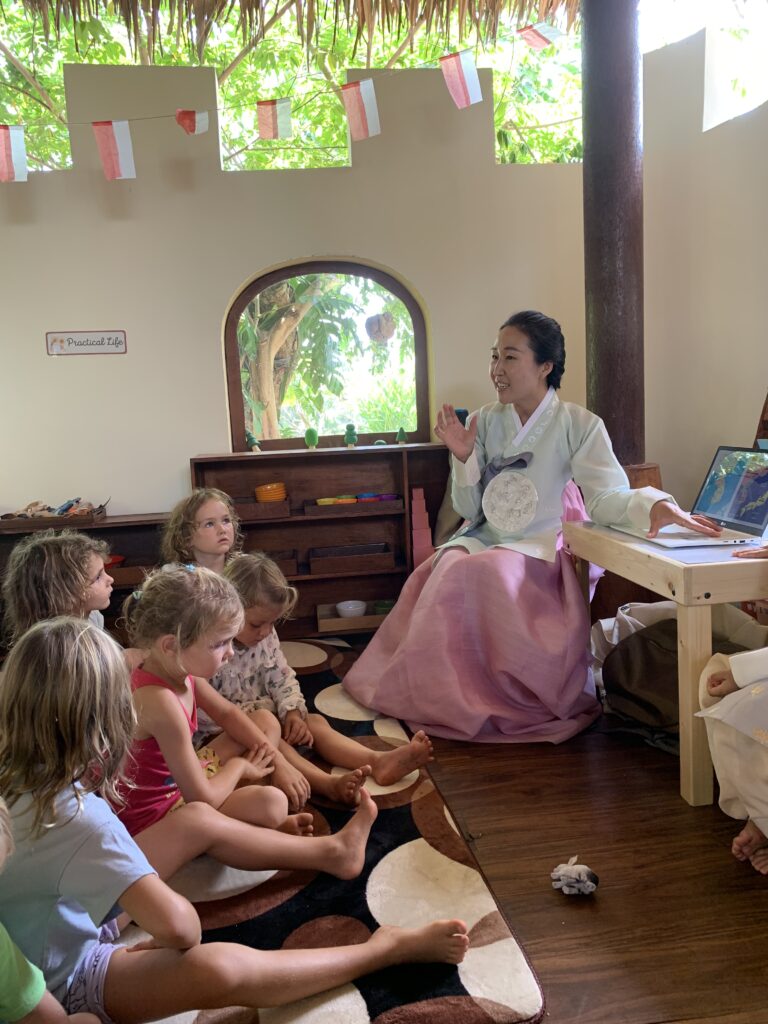Navigating geopolitical tensions is a complex challenge, especially in a multicultural educational setting like Empathy School. With students hailing from various parts of the world, conflicts and tensions between countries can sometimes impact the school community. To address this, the school adopts a proactive approach, emphasizing dialogue, empathy, and understanding.
One of the key strategies employed by Empathy School is facilitating open discussions about current events and geopolitical issues. These discussions are conducted in a safe and respectful environment, where students are encouraged to share their perspectives and listen to others. By doing so, the school aims to foster critical thinking and a deeper understanding of the complexities of international relations.
In addition to discussions, Empathy School also incorporates lessons on conflict resolution and peacebuilding into its curriculum. These lessons equip students with the skills to navigate disagreements and tensions constructively, promoting a culture of peace and collaboration.
Research supports the effectiveness of such approaches in reducing prejudice and promoting positive intergroup relations. A meta-analysis by Pettigrew and Tropp (2006) found that intergroup contact when structured to promote equal status and cooperation, can significantly reduce intergroup prejudice. Furthermore, education programs that focus on conflict resolution and peace education have been shown to enhance students’ abilities to manage conflicts and develop more positive attitudes toward different groups (Harris & Morrison, 2013).
By addressing geopolitical tensions through open dialogue and education, Empathy School aims to prepare its students to be informed, empathetic global citizens. The school’s efforts not only contribute to a more harmonious school environment but also equip students with the skills to contribute to a more peaceful world.
Empathy School’s approach to supporting students through global conflicts like the ongoing Israeli-Palestinian. With students potentially having personal or familial ties to the region, the school recognizes the importance of addressing the sensitivities and complexities of this issue.
To support students affected by the Israeli-Palestinian conflict, Empathy School organized a series of workshops focused on peace and reconciliation. These workshops were led by experts in conflict resolution and included activities designed to promote understanding and empathy. Students had the opportunity to learn about the historical and cultural context of the conflict, as well as the perspectives of both Israelis and Palestinians.
Furthermore, the school encouraged students to engage in constructive dialogue about the conflict. Teachers facilitated discussions in a way that allowed students to express their thoughts and feelings in a respectful and non-judgmental environment. The goal was to create a space where students could explore the complexities of the conflict without fear of polarization or alienation.
In addition to these initiatives, Empathy School also organized a cultural exchange program with a school in the region. This program allowed students to connect with their peers living in the conflict zone, fostering a sense of global solidarity and mutual understanding.
By addressing the Israeli-Palestinian conflict through education, dialogue, and cultural exchange, Empathy School demonstrates its commitment to supporting students through global conflicts. The school’s approach underscores the belief that education can play a crucial role in promoting peace and understanding in a divided world.
Empathy School takes its role in maintaining friendships and community ties amidst geopolitical tensions very seriously. The school understands that such tensions can easily seep into the social fabric of a diverse student body, potentially straining relationships and creating divisions. To counteract this, the school implements various strategies to ensure that friendships and community ties remain strong and resilient.
One of the key approaches is the emphasis on open communication. The school encourages students to engage in honest and respectful conversations about their feelings and concerns related to geopolitical issues. Teachers and counselors are trained to facilitate these discussions, ensuring that they remain constructive and empathetic. By providing a safe space for dialogue, the school helps students navigate their emotions and maintain their friendships despite external tensions.
In addition to open communication, Empathy School promotes activities that foster a sense of unity and shared identity among students. These activities include team-building exercises, collaborative projects, and intercultural events that celebrate the diverse backgrounds of the student body. Through these shared experiences, students develop a deeper bond and a stronger sense of belonging to the school community.
The school also provides education on conflict resolution and peacebuilding. Students learn skills such as active listening, empathy, and negotiation, which are crucial for maintaining healthy relationships in the face of disagreements or tensions. This education empowers students to be proactive in preserving their friendships and community ties, even when faced with challenging geopolitical situations.
Through these strategies, Empathy School plays a vital role in maintaining friendships and community ties amidst geopolitical tensions. The school’s commitment to open communication, shared experiences, conflict resolution education, and family involvement creates a supportive environment where students can thrive together, regardless of the external conflicts that may arise.


 Previous Post
Previous Post